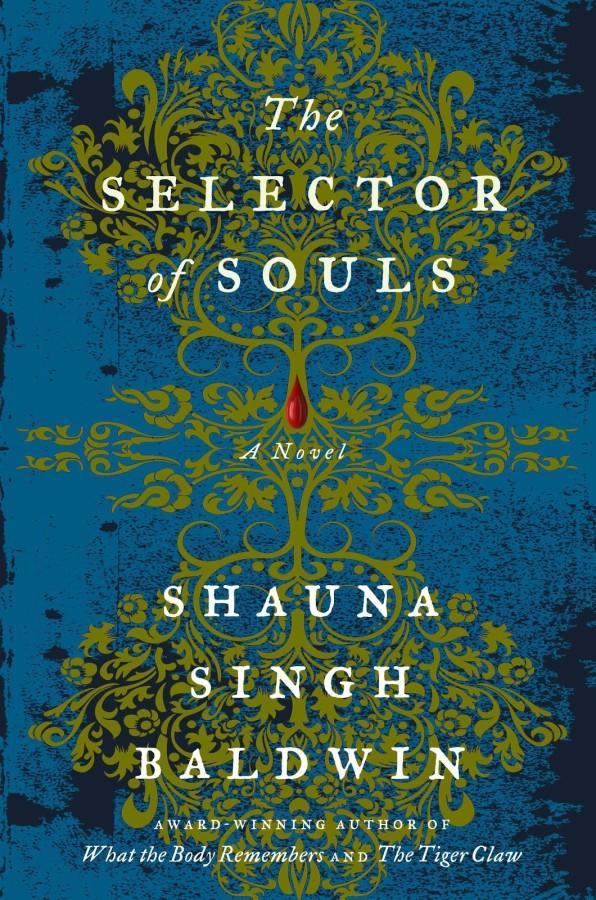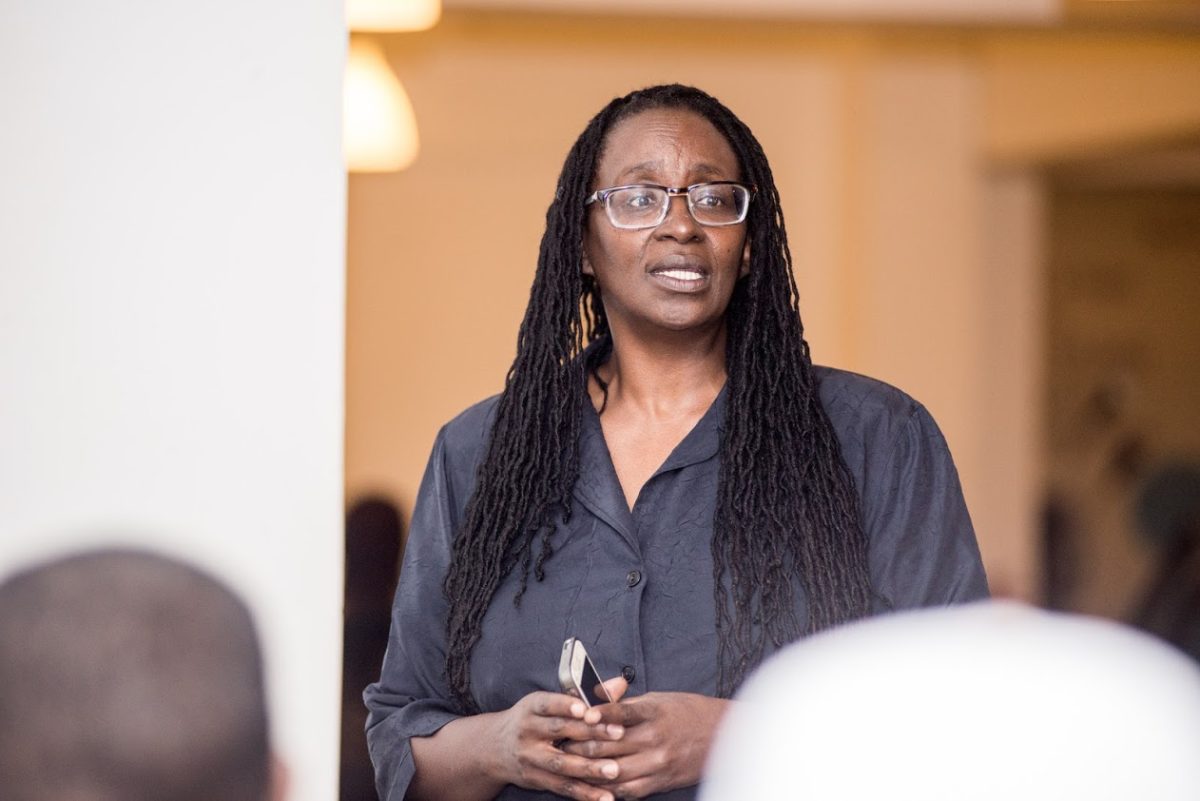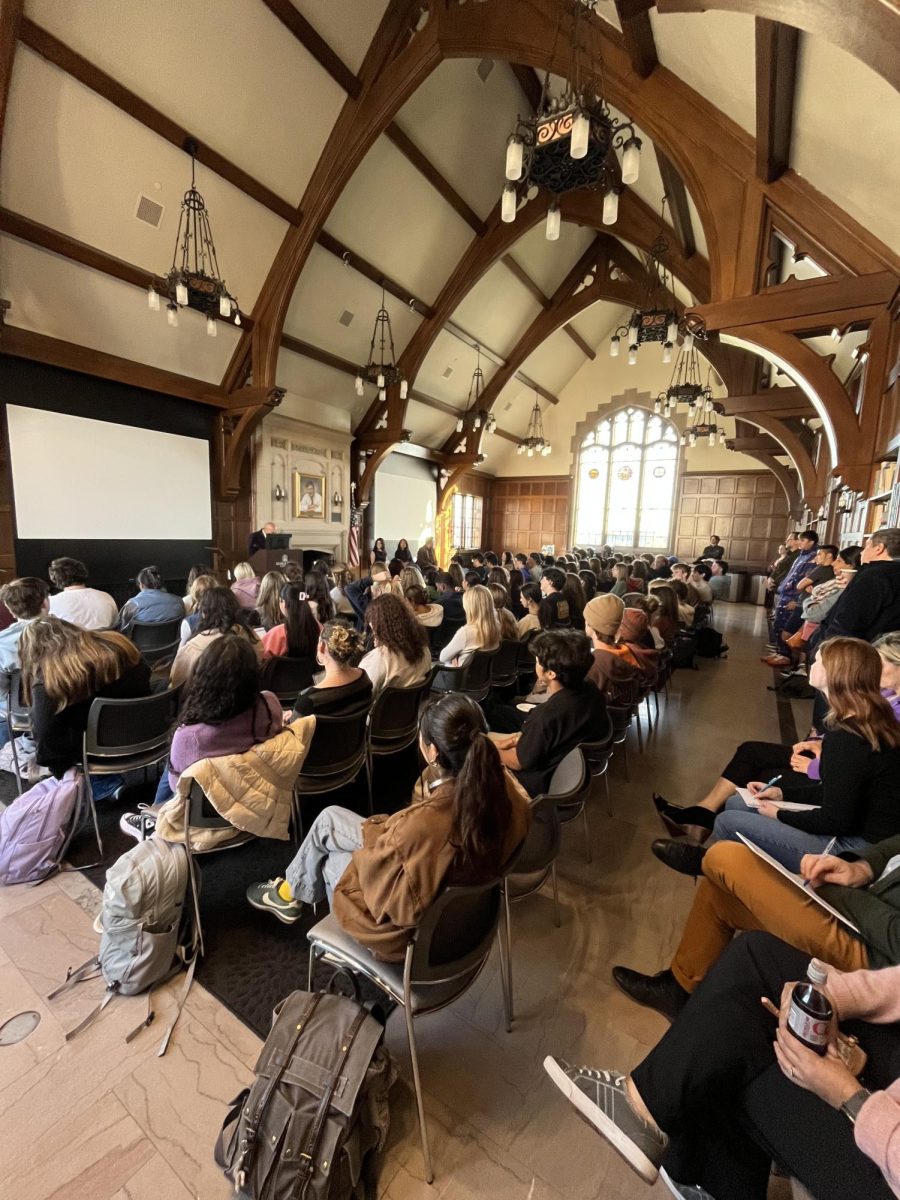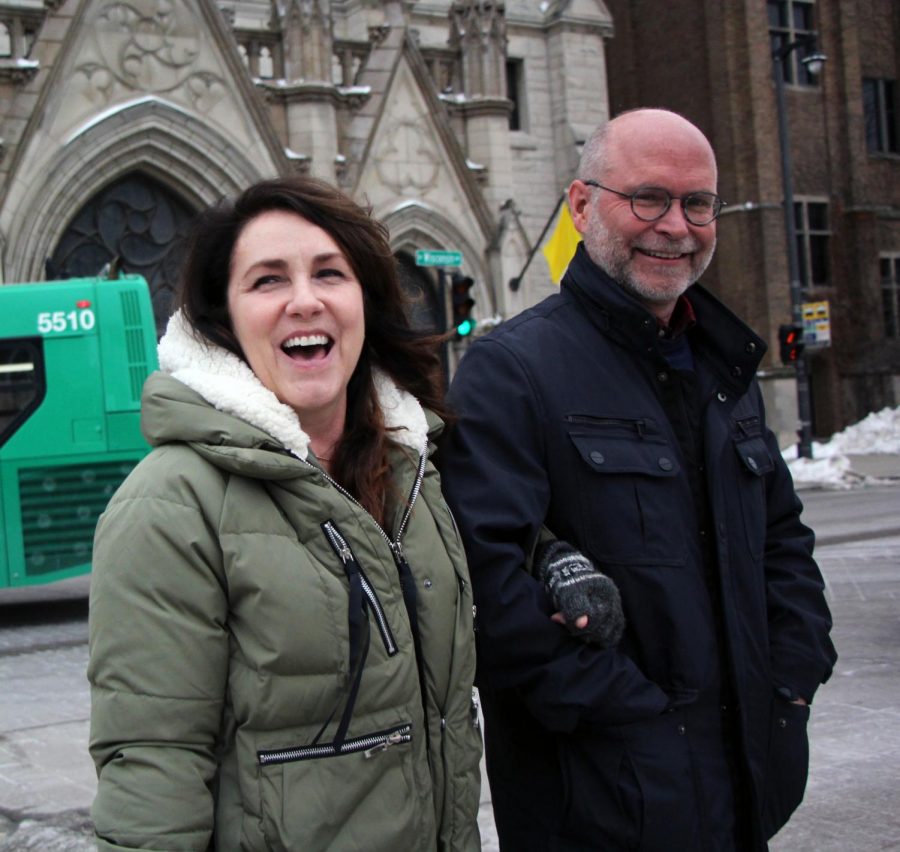
Catholic writer, filmmaker and Marquette alum Paul Wilkes spoke Friday at Boswell Book Co., 2559 N. Downer Ave., about his latest book, “The Art of Confession: Renewing Yourself Through the Practice of Honesty.”
Wilkes takes a nontraditional approach to confession, believing it is a daily ritual of self-examination that allows a person’s mind and soul to feel unburdened and at peace in order to live a prosperous life.
Wilkes graduated from Marquette University in 1960 after working various jobs to pay his way through school. He graduated with an undergraduate degree in journalism and was accepted to Columbia University’s Graduate School of Journalism, despite his grades.
“Marquette told me not to even apply with a 2.24 out of 4.0 GPA, but look who accepted me regardless,” Wilkes said.
Wilkes is also the executive director of Homes of Hope in India, a non-profit organization that works in 32 orphanages, social centers, schools and junior colleges in South India to help provide education for disadvantaged children and assist rescue shelters and orphanages.
How many jobs did you have while at Marquette?
I probably had 15 different jobs. Everything from bartender to orderly in a hospital, to factory worker, to working in a grocery store, I did everything.
Can you explain a little about how you got to where you are today? Did faith play a role?
Well, yeah, the thing of it is that I think for any journalist you have to have five percent talent and 95 percent tenacity. I only have 5 percent talent, but I do have 95 percent tenacity. I am just very tenacious. ‘No’ is not an acceptable answer to me, I don’t hear ‘no’ and so I never took ‘no’ for an answer. I mean, most of my first pieces were rejected early on. I’m told ‘no’ all the time, but I just have the desire.
What piece of work are you most proud of?
Well, my two sons of course. But I think as a journalist I did a profile for the New Yorker and then it became a book called “In Mysterious Ways.” It’s a profile of the life of a parish priest who is dying of cancer, and it won the Christopher Award. (An award that acknowledges a writers persistence in observing the human spirit and values.)
Can you give a brief synopsis of “The Art of Confession?”
Well, I think “The Art of Confession” is a book about personal honesty and how to achieve it. In a time in America where there are so many things calling out to us, and it is confusing to live a life, it’s a book that says, be quiet, go into yourself, find out who you are, improve the things that need to be improved and continue to do the things that you do well.
What is the role of confession in your life?
The role of confession in my life is like a steering wheel for me. I need to keep on adjusting and so I need to keep on making adjustments so I can stay on a good path. Confession helps me do that.
When did you start practicing this system?
I think I have been practicing it on and off for a good part of my life. But really really this kind of thing — 10, 15 years as I got older and stupider.
Do you have any advice for college students?
I think just, at some point in the day, draw into yourself. Take that one moment, or three minutes and say, who am I? How am I doing today? What have I done that I’m proud of? What have I done that I’m not proud of? Always take that short time. But it’s not so much hustle and bustle, it’s a lot of crap. We all waste time on a lot of crap, so get rid of the crap.
What do you get most out of your project in India?
The realization that unless the people that work with me did what we do, their lives would be much harder. There would be girls on the street that would be raped, abused, killed, and we are saving lives. It’s not me, you know, I’m just the guy that’s helping out with this thing, but we are saving lives.
Can you explain how you came to meet the Dalai Lama?
I was doing a documentary on Thomas Merton, which you should see sometime if you can, called “Merton: A Film Biography”, it’s probably in your library at Marquette, Netflix has it. Really it’s one hour about Thomas Merton and I wanted to interview only people who knew Thomas Merton and right before he died he went to see the Dali Lama. So, I wanted to interview the Dali Lama about this. So I called up his office in New York, made the arrangements, went to India and interviewed him. Easy as that. You can do the same thing.










